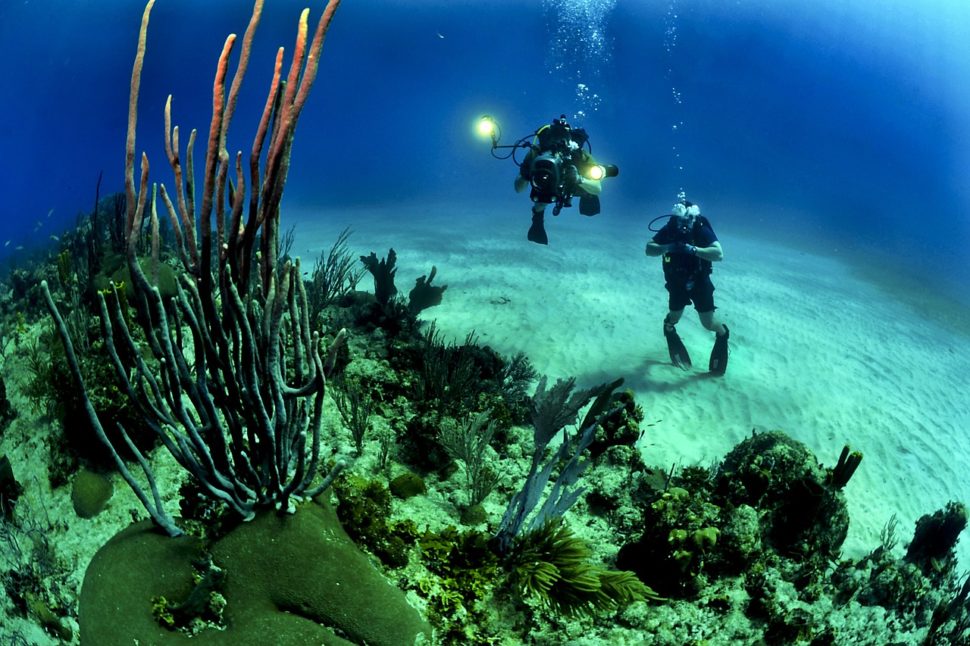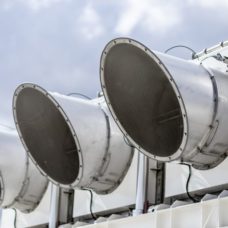According to a new study published in the journal Marine Ecology Progress Series, coral reefs are retreating from the equatorial water into more temperate regions.
The effect of climate change extends across all areas of marine life. As the oceans get warmer, the equatorial water, which used to be home to the corals, becomes less favorable. This leads to coral larvae drifting to settle and grow in subtropical regions.
But, not all corals can reach this new location.
According to the researchers, the species ability to migrate depends on the drifts of current as well as how far the microscopic larvae can swim. The fat storage also plays a vital role in determining if a larva would get to the subtropics.
As you can imagine, this new development changes how we perceive the ecosystem.
Associate professor at Okinawa Institute of Science and Technology Graduate University and an author of the study, Satoshi Mitarai said:
“We are seeing ecosystems transition to new blends of species that have never coexisted. And it’s not yet clear how long it takes for these systems to reach equilibrium. The lines are really starting to blur about what a native species is, and when ecosystems are functioning or falling apart.”
How Climate Change is Redistributing Coral Reefs
For the study, the researchers explored latitudes of up to 35 degrees north and south of the equator. They discovered that the coral reefs redistribution is the same on either side.
Wherever the “refugee corals” settle will experiences new resources, including opportunities such as tourism and fishing. As such, the researchers deeply considered when and where the drift could take place.
Senior research scientist at Bigelow Laboratory for Ocean Sciences and lead author of the paper, Nichole Price said:
“The changes we are seeing in coral reef ecosystems are mind-boggling, and we need to work hard to document how these systems work and learn what we can do to save them before it’s too late.”
A coral reef is an underwater ecosystem that functions through its interplay between species.
The researchers are unsure whether other species that depend on the reef will expand into the new area. They’re also questioning if the young corals will thrive without them.
“So many questions remain about which species are and are not making it to these new locations, and we don’t yet know the fate of these young corals over longer time frames,” Price concluded.



















Comments (0)
Most Recent